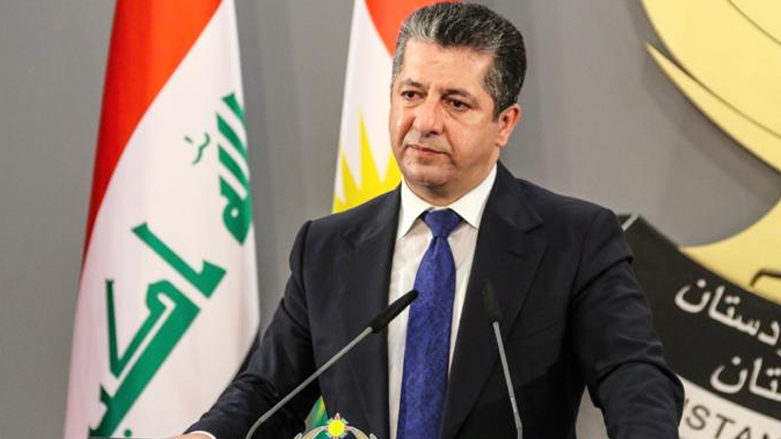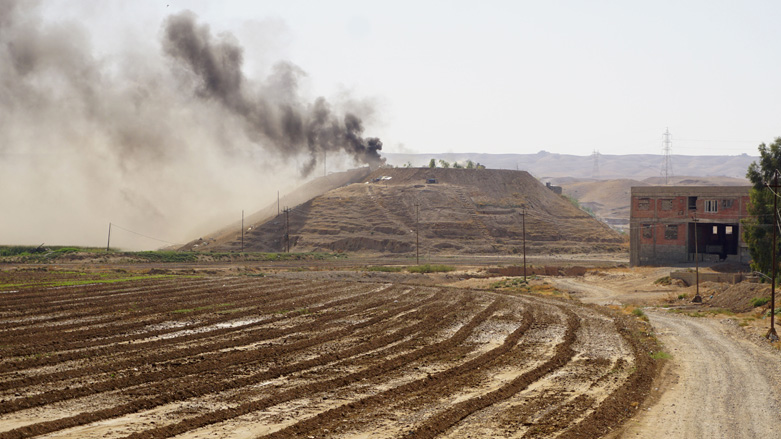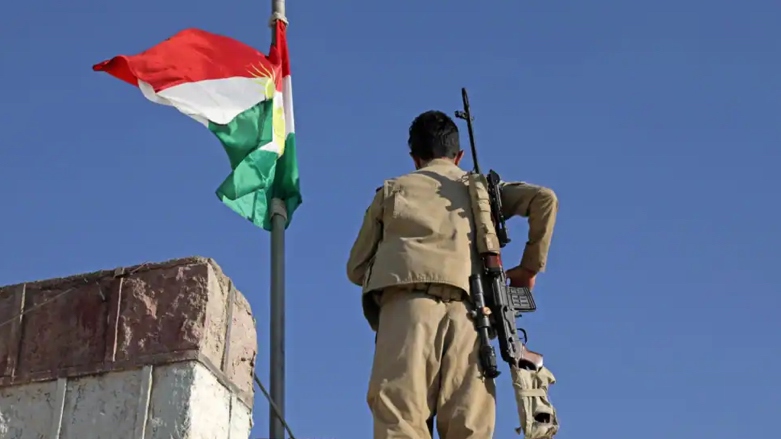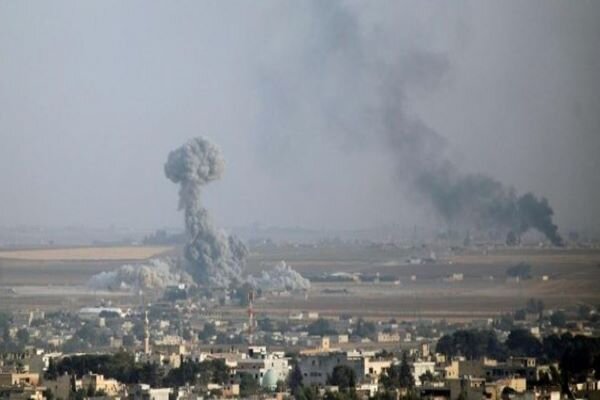November 13, 2022

The New York Times is confirming that Gen. John Kelly confirmed that former President Donald Trump wanted the IRS to audit his foes.
"While in office, President Donald J. Trump repeatedly told John F. Kelly, his second White House chief of staff, that he wanted a number of his perceived political enemies to be investigated by the Internal Revenue Service," the Times said, citing the former general.
Kelly was the chief of staff from July 2017 to the end of 2018, when he and most of his loyalists were shoved out. Trump's children Jared Kushner and Ivanka Trump didn't like that Kelly refused to allow them "walk-in privileges," where they could simply walk into the Oval Office. They've denied any issues they had with Kelly. Reports claimed, however, Ivanka Trump took the lead in firing Kelly.
In a July report, The New York Times revealed that at least two of President Donald Trump's foes were suspiciously targeted by the IRS for extensive and "invasive" audits.
"Trump’s demands were part of a broader pattern of him trying to use the Justice Department and his authority as president against people who had been critical of him, including seeking to revoke the security clearances of former top intelligence officials," the report said.
Trump had frequently complained about people like John Brennan, who he said shouldn't have any kind of security clearance while giving interviews on cable. Trump also wanted to go after Andrew McCabe, who Trump decided he hated because McCabe's wife was running for a local office in Virginia and was a Hillary Clinton supporter. Trump also tried to go after former FBI Director James Comey, who Trump raged about frequently on Twitter. Both McCabe and Comey experienced incredibly invasive audits in 2019, after Kelly was gone.
“The U.S. government, whether it’s the I.R.S. or the Justice Department, should never be weaponized or used to retaliate, and certainly not because someone criticizes you in the press or is your political opponent,” Kelly said when asked about it by the Times. “The average federal employee or F.B.I. agent or I.R.S. agent goes to work and executes the laws and regulations and shouldn’t be put in this position.”
Trump specifically suggested using the IRS and the Justice Department to "investigate the former CIA director John O. Brennan; Hillary Clinton; Jeff Bezos, the founder of Amazon and the owner of The Washington Post." Trump hated his coverage in the Post. He also wanted to go after "Peter Strzok, the lead F.B.I. agent on the Russia investigation; and Lisa Page, an F.B.I. official who exchanged text messages with Mr. Strzok that were critical of Mr. Trump."
Trump's spokesperson denies the claims calling the four-star, marine, general a "psycho."
One of the people who did end up in prison with claims of "tax fraud" was Michael Cohen, Trump's former lawyer. Cohen maintains that he's never not paid his taxes, even when it was in the millions of dollars. He also said that each time his lawyer asks questions about it or asked for information ahead of his charges, they were rebuffed. Instead, he was handed a slate of charges and told he had a weekend to decide whether he was pleading guilty or they told him they would indict his wife.
Read the full report at the New York Times.
By Allie Griffin
November 14, 2022

Former President Donald Trump attempted to weaponize the Internal Revenue Service and repeatedly asked his former chief of staff to have the agency investigate his political opponents, a new report found.
Trump’s White House chief of staff, John Kelly, told the New York Times that his one-time boss demanded him to “get the IRS on” former FBI director James Comey and his deputy Andrew McCabe after the men criticized him.
The revelation comes after Comey and McCabe were selected for a rare and intense audit by the IRS in the years following Kelly’s departure, the newspaper reported.
Kelly, who was chief of staff from July 2017 through January 2019, said the requests were in addition to Trump’s more widely-reported attempts to use the Justice Department against his critics.
He said Trump thought he would blindly fulfill the president’s requests and be loyal to him
“I told him we were loyal to our oath to the Constitution,” Kelly told the Times.
Kelly said Trump ignored that belief and continued to push others to take revenge on his critics through their governmental authorities and powers.
“If he told you to slit someone’s throat, he thought you would go out and do it,” Kelly said.
The former chief of staff said he would explain to the president that his requests were morally and legally wrong, but Trump often remained steadfast in his desires to investigate those he believed to have wronged him.
“I would say, ‘It’s inappropriate, it’s illegal, it’s against their integrity and the I.R.S. knows what it’s doing and it’s not a good idea,’” Kelly said he told Trump in the interview.
“Yeah, but they’re writing bad things about me,” Trump reportedly replied.
After Kelly left the White House and a Trump political appointee was leading the IRS, both Comey and McCabe were informed they were being audited. Comey was informed his 2017 returns were being audited in 2019 and McCabe was informed his 2019 returns were being audited in 2021, according to the Times.
Trump told the outlet that he knows nothing about the audits of Comey’s and McCabe’s taxes. Officials said the two men were chosen randomly, though the IRS has asked its inspector general to investigate.
Comey’s tax return was one of 5,000 tax returns selected for the invasive audit out of 153 million returns filed in 2017. McCabe was one of 8,000 people selected for the audit of 154 million, the Times reported.
Trump retains that Kelly’s allegations are false.
“It’s total fiction created by a psycho, John Kelly, who never said this before, and made it up just because he’s become so irrelevant,” Trump spokeswoman, Liz Harrington, told the Times.
The former president publicly slammed Comey and McCabe on a regular basis during his term.
Kelly said Trump also sought to have the IRS and Justice Department investigate Hillary Clinton, former CIA director John Brennan, Amazon founder and Washington Post owner Jeff Bezos, lead FBI agent of the Russia investigation Peter Strzok and FBI official Lisa Page.
Executive branch employees, including the president, are breaking federal law if they “request, directly or indirectly” that the IRS conduct an investigation or audit of any taxpayer, according to the Times.
“The U.S. government, whether it’s the I.R.S. or the Justice Department, should never be weaponized or used to retaliate, and certainly not because someone criticizes you in the press or is your political opponent,” Kelly said.



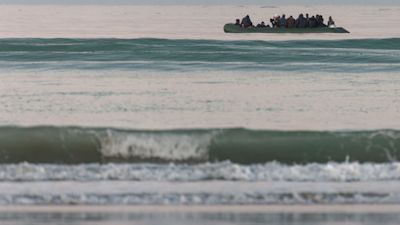
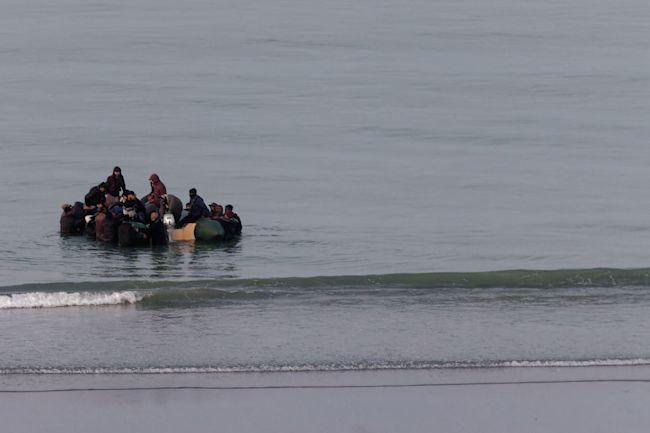


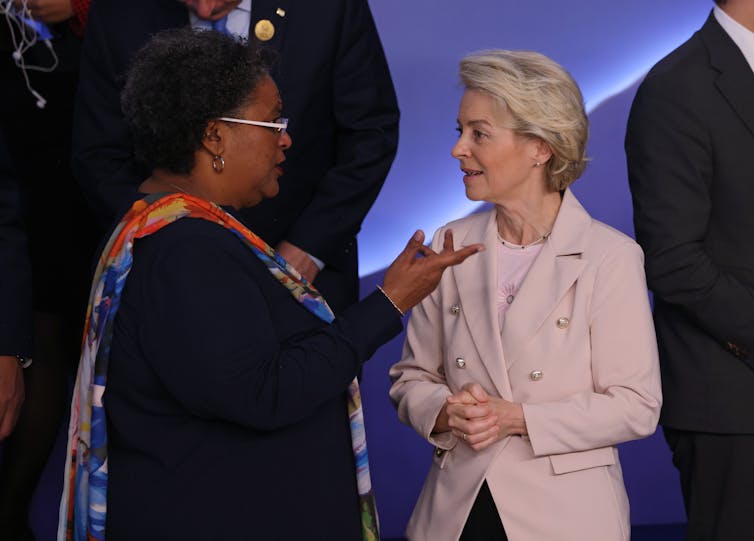
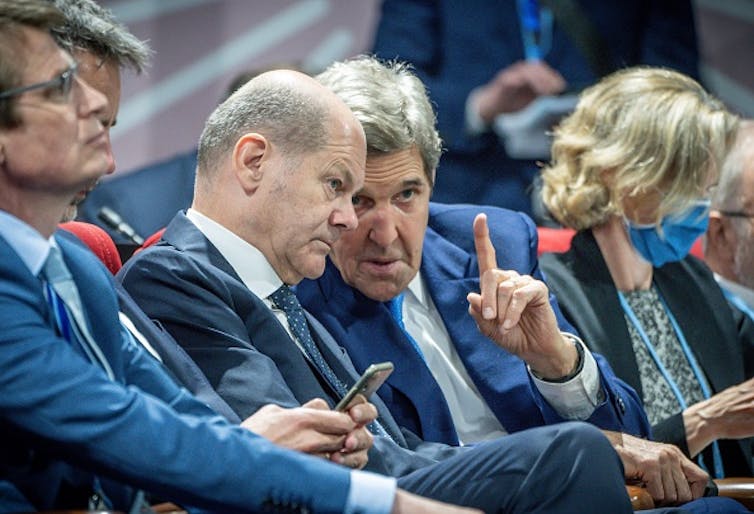

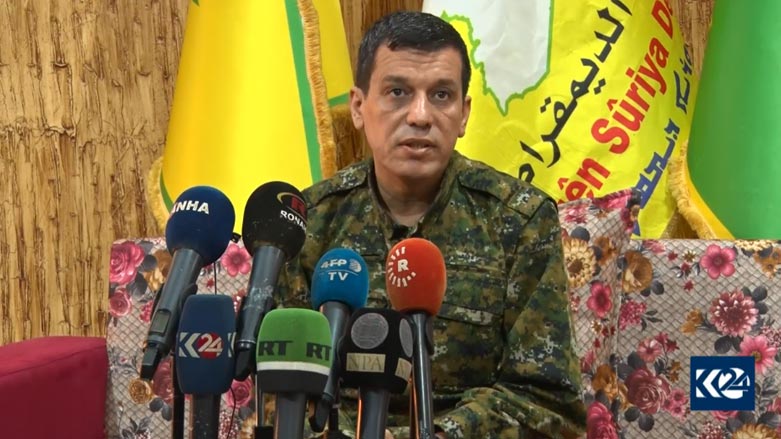

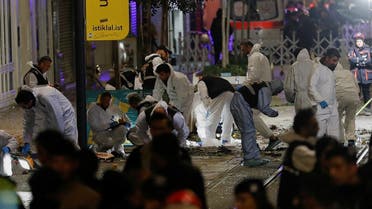
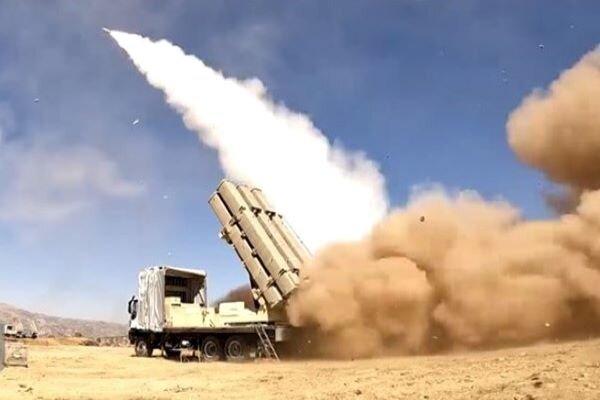
:quality(70)/cloudfront-eu-central-1.images.arcpublishing.com/thenational/ZQMXZVEPNC77ZZMRVP2VXOATDE.jpg)
:quality(70)/s3.amazonaws.com/arc-authors/thenational/9e2159fa-e4db-4215-b498-6b3607b75bee.png)
